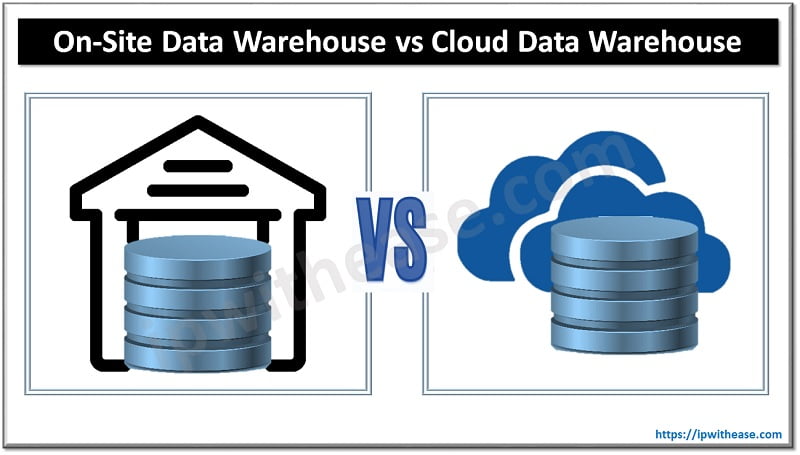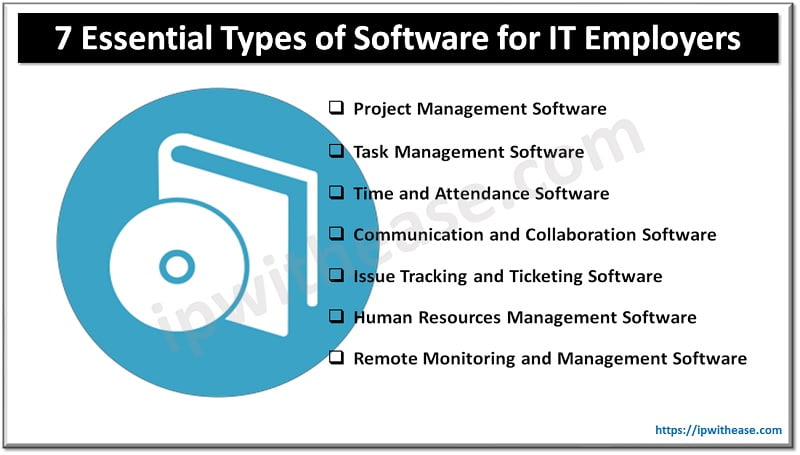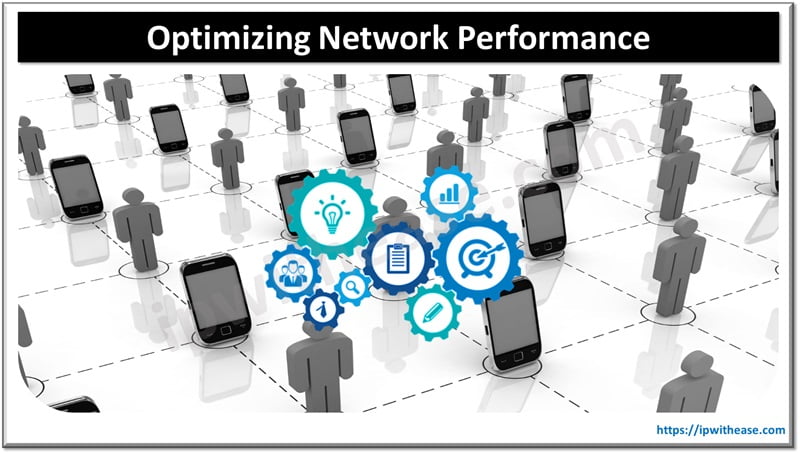Table of Contents
In contrast to large corporations with numerous marketing staff, small businesses have to rely on hybrid human-software solutions to compete in marketing races. Besides, carpet bombing with messages, when precise email deliverability is optional, can hardly be a viable strategy for SMEs.
Any company, despite its size, needs an efficient email marketing system not to spend time and money in vain. But it is especially relevant for small and middle-sized enterprises with limited marketing budgets. Since demand always creates supply, the contemporary market offers various solutions for email marketing.
Additionally, modern email marketing software often integrates with software translation tools to facilitate global outreach. These tools empower marketers to effortlessly translate their email campaigns into multiple languages, ensuring effective communication with diverse audiences worldwide
Read and learn how to improve your emailing via the “ do more with less” approach.
Briefly on comparison criteria
The below-given emailing systems are not complete analogs of each other while being conditional rivals in the same email marketing domain, however. They all seem to focus on the primary problem of customer outreach. The difference is in the technical means they use to achieve the goal.
One system bets on e-commerce features, another emphasizes free templates, yet another one provides opportunities for email testing online, and so on. Every email marketing solution declares SMEs as a target audience. Still, only a few define a segment of small businesses they fit best: content creators, e-commerce retailers, digital designers, and the like.
Pricing is a standalone topic. The systems are distinct in what they consider affordable email marketing costs in the SME segment. The difference is not so much in particular subscription tariffs as much as in the range of options offered for free (if any). When making their choice, users have to decide what is essential: an impressive number of emails per dollar spent or a specific feature available for free while other systems charge it with money.
To summarize, no straightforward algorithm of comparison can be determined: all decent email marketing systems for small businesses are attractive on their own. Thus, reviewing them one by one without biased value judgements remains the right approach to our topic as we believe.
Best Email Marketing Solutions For Small Business
No hierarchy is in the list of email systems below: they are given at random to constitute our Top 4 ranking. Do we have our favorite solution? Of course, we do. And we suppose it’s no secret for the audience which one.
1. Mailchimp
One of the most popular email marketing platforms worldwide states that about 13 million entrepreneurs and small businesses constitute its user base. The zero/month tariff is available for those who have less than 2000 email respondents. In general, pricing looks more than affordable for SMEs: $10/month for 10K email contacts make many small business owners reluctant to look for other alternatives.
Mailchimp stands against merely bulk mailing with the automation and customization capabilities of the platform. Such features as Custom Journey Builder and Likelihood to Purchase help marketers increase customer retention and, consequently, overall revenue from any email campaign. Email testing tools to improve deliverability are available by default.
Mailchimp allows 300+ apps to be integrated with the system. The award-winning customer support service is supplemented with valuable suggestions from experienced partners, among which true superstars such as TED and Vimeo take place. Mailchimp is deservedly considered a tough competitor by many similar email marketing systems: rich functionality and reasonable pricing make the platform one of the best email marketing solutions for small businesses.
2. GetResponse
The platform is trying to combine hardly compatible attributes. On the one hand, GetResponse introduces an all-in-one marketing solution for users of any size, from private entrepreneurs to large corporations. On the other hand, the platform claims to be a simplified tool for email marketing. Arguments for both statements include quite a broad range of features and capabilities.
The free-forever plan for new businesses is a cleverly invented bait to increase the user audience, isn’t it? Especially when it comes to startups and novice entrepreneurs. The cheapest paid plan starts from $13.12/month with 1000+ contacts, which is less attractive than Mailchimp, for instance. However, the list of options for paid plans is abundant and worth paying the prices charged.
Turning random visitors into loyal customers is possible with lead generation tools available on the platform as well. More than a million new leads appear each month, as GetResponse states.
The conversion-generating mailing service helps stay in touch with well-targeted audiences. The platform declares hundreds of millions of emails delivered every week. Such an impressive statistic hints at some available tools to test email deliverability. There is nothing special when a platform deserving to be among the best email marketing solutions for small businesses has various email checkers.
3. Sendinblue
Another all-in-one marketing platform claims to be the most intuitive solution for growing any business. Sendinblue is rated one of the best marketing automation platforms for small and middle-sized businesses. The solution offers whatever any marketer may ever need: SMS marketing, CRM, Facebook Ads, landing pages, signup forms, automation, segmentation, etc. Email marketing is also available but without a special focus on this feature, however.
As stated on the official website, 300K users from 180 countries send 100 million emails every day. It is amazing, but who knows how many emails from those millions reach their respondents successfully? In other words, it is not explicit whether opportunities to check email deliverability are available on the platform. The “Send intelligently” subsection suggests trusting the email testing service to the on-platform machine learning-powered feature. Sounds great if it works that way, even though the feature is just about time zone optimization.
The starting zero-fee tariff looks relatively modest with only three options: unlimited contacts, 300 emails/day, and a chat with 1 (one!) user. Paid plans start from $25/month, allowing users to send up to 20K emails per month with no daily limit. It seems the gap between the free plan and the cheapest paid one is a bit broader than it should be, isn’t it?
4. Folderly
Merging AI-powered automation with human capabilities to raise email marketing to a new level is the ambitious goal of the all-in-one email deliverability solution Folderly. The ground for building such a system is clear: email marketing brings value only when emails reach their respondents. Hence, mitigating deliverability pitfalls is the way to achieve the desired marketing effect.
Unlike all other marketing platforms given above, Folderly straightforwardly focuses on emails “for email’s sake,” so to say. This is all about email deliverability. Hardly any competitor can boast either the 60%+ increase in open rate or the 99.9% average inbox placement. The latter rate implies zero spam, by the way. The solution provides various email testing services to identify and eliminate troubles with domain infrastructures that potentially affect the deliverability rate.
Folderly divides pricing into two sections: packages and add-ons. Packages imply a complex approach to improving your email deliverability rates and, consequently, your brand reputation. The premium one includes some exclusive features unavailable on any other platform: real-time email deliverability testing, email authentication monitoring, progressive domain health insights, etc. Besides, the “must-have” email marketing features are available as well: seamless integration, templates dashboard, blacklists/filters, dedicated customer support, etc.
Add-ons include fixed-price options and custom ones. The Basic Warmup feature ($49/month) allows customers to increase emailing volumes gradually with advanced warming algorithms. The Email Deliverability Test ($129/month) provides a comprehensive solution to monitor and analyze the behavior and destination of each email. Custom add-ons are adjustable according to individual customer needs with complex deliverability audits and professional email copywriting.
Folderly stands apart from other email marketing solutions with implemented technologies and pricing. The solution does not look SME-friendly at first glance with its comparatively high tariffs. But the guaranteed 100% email deliverability along with 4.200% ROI can make many business persons think otherwise.
Conclusion
Any email is a message. What such a message contains is critical for those who receive it. The best email marketing solutions from the present review do their best to help SMEs reach their contact bases as effectively as possible. Most platforms are not too distinct in the applied technologies and provided services. They differ in pricing mainly.
However, any domain is not without exceptions. While other rivals focus on how to catch customers with content, targeting, and lead generation, one of the solutions supposes that email deliverability is what matters most. The logic is apparent: whatever templates you use, however creative campaigns you run, whichever customization you apply, nothing will help your business grow if your emails go nowhere.
Email deliverability is the primary quality of any sustainable email marketing.
Continue Reading:
7 Best Practices to Help you Improve Your Email Archiving
The 5 Essential Types of Software Every Business Needs
ABOUT THE AUTHOR
IPwithease is aimed at sharing knowledge across varied domains like Network, Security, Virtualization, Software, Wireless, etc.



